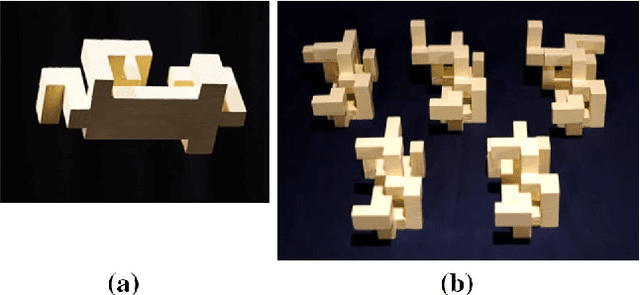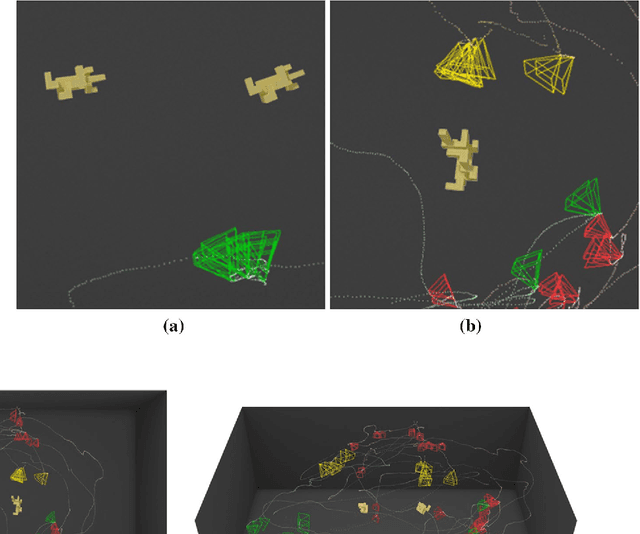Visual Attention and its Intimate Links to Spatial Cognition
Paper and Code
Jun 29, 2018



It is almost universal to regard attention as the facility that permits an agent, human or machine, to give priority processing resources to relevant stimuli while ignoring the irrelevant. The reality of how this might manifest itself throughout all the forms of perceptual and cognitive processes possessed by humans, however, is not as clear. Here we examine this reality with a broad perspective in order to highlight the myriad ways that attentional processes impact both perception and cognition. The paper concludes by showing two real world problems that exhibit sufficient complexity to illustrate the ways in which attention and cognition connect. These then point to new avenues of research that might illuminate the overall cognitive architecture of spatial cognition.
 Add to Chrome
Add to Chrome Add to Firefox
Add to Firefox Add to Edge
Add to Edge